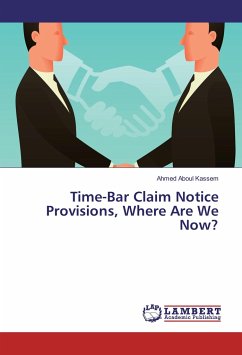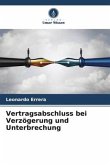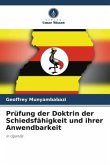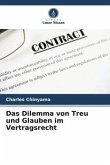
Broschiertes Buch
5. März 2025
Verlag Unser Wissen

24,99 €
Versandfertig in 6-10 Tagen
Broschiertes Buch
26. Juli 2016
LAP Lambert Academic Publishing
25,99 €
Versandfertig in 1-2 Wochen
Broschiertes Buch
5. März 2025
Ediciones Nuestro Conocimiento
25,99 €
Versandfertig in 6-10 Tagen
Broschiertes Buch
5. März 2025
Edições Nosso Conhecimento
25,99 €
Versandfertig in 6-10 Tagen
Broschiertes Buch
5. März 2025
Wydawnictwo Nasza Wiedza
25,99 €
Versandfertig in 6-10 Tagen
Broschiertes Buch
5. März 2025
Editions Notre Savoir
25,99 €
Versandfertig in 6-10 Tagen
Broschiertes Buch
5. März 2025
Edizioni Sapienza
Ähnliche Artikel

Broschiertes Buch
10. Oktober 2022
Verlag Unser Wissen

Broschiertes Buch
In Uganda
29. Dezember 2022
Verlag Unser Wissen


Broschiertes Buch
Im Al-Blah Branch-Suez-Kanal
6. April 2023
Verlag Unser Wissen

Broschiertes Buch
21. November 2021
Verlag Unser Wissen
Ähnlichkeitssuche: Fact®Finder von OMIKRON
